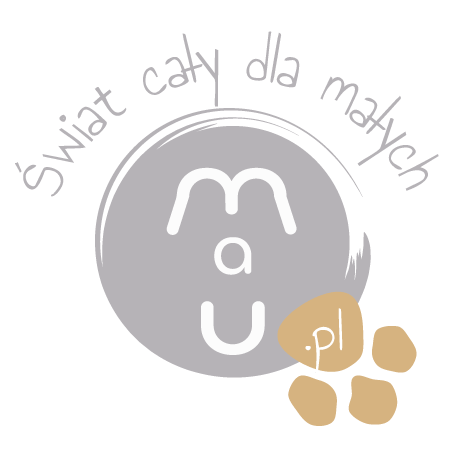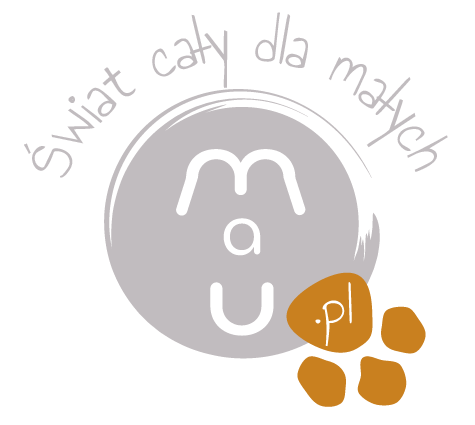ACID refers to atomicity, consistency, isolation, and durability—four traits that make database transactions dependable. Specifically, ACID signifies that information in a database is accurate as a end result of incomplete adjustments had been by no means stored. PostgreSQL features similar to write-ahead logging, Multi-Version Concurrency Control (MVCC), and point-in-time restoration make ACID compliance attainable. PostgreSQL consists of built-in synchronous replication37 that ensures that, for each write transaction, the grasp waits until no less than one reproduction node has written the info to its transaction log.

PostgreSQL (/ˌpoʊstɡrɛskjuˈɛl/ POHST-gres-kew-EL)1112 also recognized as Postgres, is a free and open-source relational database management system (RDBMS) emphasizing extensibility and SQL compliance. An object-relational database administration system (ORDBMS) is a database administration system (DBMS) that combines options of relational and object-oriented databases. It represents knowledge as objects and helps object-oriented concepts like classes, object identity, and polymorphism. This permits for storing extra advanced data than traditional relational databases, and it additionally supports customized knowledge sorts and strategies within database schemas and question languages. Choosing PostgreSQL as your database solution presents a novel mix of benefits that cater to a broad array of knowledge administration needs. One of the first causes https://www.globalcloudteam.com/ to contemplate PostgreSQL is its exceptional support for superior knowledge varieties and complex performance.
PostgreSQL is a robust, open source object-relational database management system (ORDBMS) recognized for its reliability, information integrity, and in depth feature set. It can deal with superior data varieties, advanced queries, overseas keys, triggers, and views, as nicely as procedural languages for stored JavaScript procedures. PostgreSQL is highly expandable, permitting customers to add new functions, knowledge varieties, and different features. PostgreSQL presents quite a few benefits as an open source database solution.

When To Make Use Of Relational Databases?
For information analysts and software testers, these variations not often matter. But for data engineers, DBAs, and builders, choosing the proper database engine can impact performance, security, and administration. Even should you don’t manage databases, understanding which of them you’ve labored with may be useful – particularly in interviews. Due to its open-source and freely accessible nature, PostgreSQL has grown in popularity for software and web applications.
This neighborhood provides a spread of plugins, instruments, extensions, documentation, and boards. PostgreSQL has superior on-line transaction processing capabilities (OLTP) as a end result of you can configure it for automated failover and full redundancy. Startups, and large when to use mongodb vs postgres enterprises use PostgreSQL as the first information store to assist their internet-scale functions, solutions, and merchandise.
- Such a system prevents the necessity for steady polling by functions to see if something has yet modified, and decreasing pointless overhead.
- It has gained a status as a sturdy and feature-rich database administration system that gives high efficiency, knowledge integrity, and extensive flexibility.
- PostgreSQL’s capacity to simply handle advanced queries, transactions, and in depth knowledge warehousing operations makes it good for functions requiring detailed analytics, real-time processing, and excessive data integrity.
- PostgreSQL excels at efficiency and scalability, easily dealing with giant amounts of information and concurrent transactions.
On the opposite hand, PostgreSQL is ideal for big information sets and enormous numbers of users when you want feature-rich database administration. PostgreSQL, like different offshoots of SQL database methods, is commonly seen as a database programming language. Nevertheless, this is a misnomer, as PostgreSQL is actually an open source relational database system. What is exclusive about PostgreSQL is that it supports not only structured question language (SQL) querying (like different relational database administration systems), but JSON as well, which is used for non-relational database queries. PostgreSQL is a complicated, enterprise-class open-source relational database that helps each SQL (relational) and JSON (non-relational) querying. It is a extremely secure database management system backed by greater than 20 years of community improvement.
PostgreSQL is an enterprise-grade database that provides scalability, efficiency, availability and functionality. It is open supply and is appropriate to be used cases across industries and use circumstances. PostgreSQL is the most mature open-source SQL database, and it’s a high-performance, open-source alternative to proprietary databases like Oracle and Microsoft SQL Server.
A relational database (RDB) is a kind of database that organizes data into rows and columns, forming tables the place the information factors are associated to every other. This construction makes it simple to entry and handle information by defining clear relationships between information points. One Other cause to use PostgreSQL is its strong emphasis on extensibility and requirements compliance. It is designed to be highly customizable, enabling users to extend the database with their own functions, operators, and knowledge varieties.

What’s The Historical Past Of Postgresql
With greater than 20 years of community-backed development and assist, MySQL is reliable, steady, and safe. While holding great advantages, migrating from SQL Server to a contemporary, managed PostgreSQL providing like AlloyDB or Cloud SQL is often a extremely advanced task. PostgreSQL is well-known for its assist of spatial information, corresponding to having a particular information type for handling geometrical objects and geographic objects. Using the PostGIS extension, PostgreSQL can be used as a geospatial information retailer, making it well-liked among authorities agencies, geographic info techniques (GIS), and location-based service suppliers.
Driving Database Success
OLTP, On-line Transaction Processing, is a type of database processing that handles concurrent transactions in real-time. It is usually used for online functions requiring immediate data entry, corresponding to e-commerce web sites and ATM techniques. OLTP allows multiple customers to execute quite a few transactions simultaneously, usually over the web.
A search_path setting determines the order by which PostgreSQL checks schemas for unqualified objects (those with no prefixed schema). By default, it is set to $user, public ($user refers to the at present linked database user). This default can be set on a database or position stage, however as it’s a session parameter, it could be freely changed (even multiple times) throughout a shopper session, affecting that session only. The permission system controls access to schemas and their content material.By default, newly created databases have solely a single schema known as public however other schemas can be added and the common public schema isn’t obligatory. PostgreSQL consists of built-in binary replication based mostly on transport the modifications (write-ahead logs (WAL)) to duplicate nodes asynchronously, with the power to run read-only queries in opposition to these replicated nodes.





